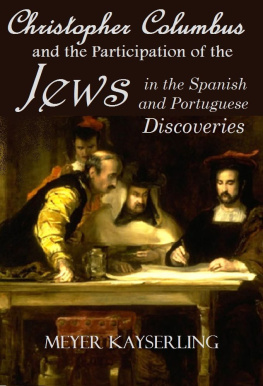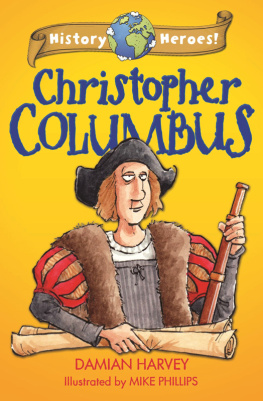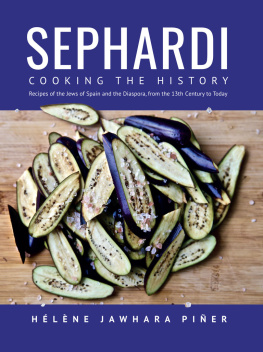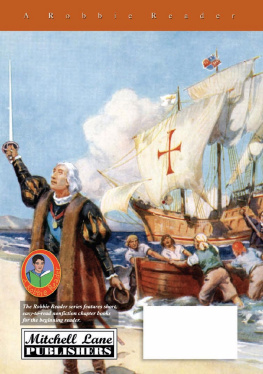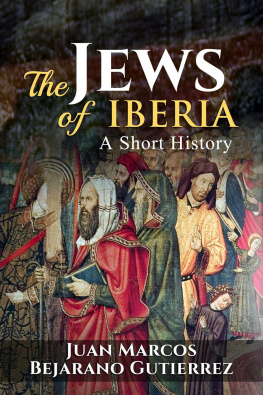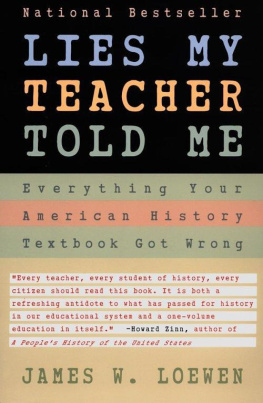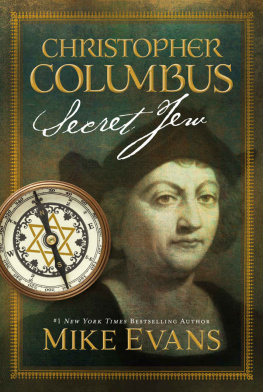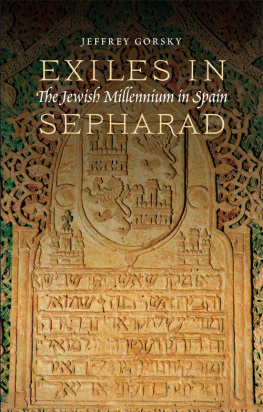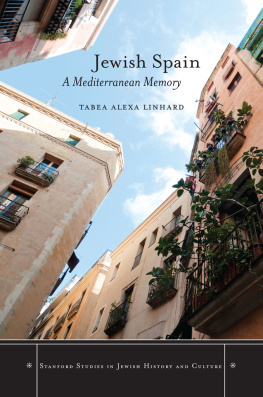Meyer Kayserling - Christopher Columbus and the Participation of the Jews in the Spanish and Portuguese Discoveries
Here you can read online Meyer Kayserling - Christopher Columbus and the Participation of the Jews in the Spanish and Portuguese Discoveries full text of the book (entire story) in english for free. Download pdf and epub, get meaning, cover and reviews about this ebook. year: 1894, genre: History. Description of the work, (preface) as well as reviews are available. Best literature library LitArk.com created for fans of good reading and offers a wide selection of genres:
Romance novel
Science fiction
Adventure
Detective
Science
History
Home and family
Prose
Art
Politics
Computer
Non-fiction
Religion
Business
Children
Humor
Choose a favorite category and find really read worthwhile books. Enjoy immersion in the world of imagination, feel the emotions of the characters or learn something new for yourself, make an fascinating discovery.
- Book:Christopher Columbus and the Participation of the Jews in the Spanish and Portuguese Discoveries
- Author:
- Genre:
- Year:1894
- Rating:4 / 5
- Favourites:Add to favourites
- Your mark:
Christopher Columbus and the Participation of the Jews in the Spanish and Portuguese Discoveries: summary, description and annotation
We offer to read an annotation, description, summary or preface (depends on what the author of the book "Christopher Columbus and the Participation of the Jews in the Spanish and Portuguese Discoveries" wrote himself). If you haven't found the necessary information about the book — write in the comments, we will try to find it.
Dr. Kayserlings book fairly teems with new discoveries of facts in the history of the Jews of Spain and Portugal and their participation in the work of the discoverers of those nations. The book, under consideration is admirably translated by Professor Charles Gross (1857-1909) of Harvard. As for the characteristics of the work itself, it would be presumptuous to praise Dr. Kayserlings writings. His profound scholarship, historical acumen, conscientious love of accuracy and truth, and vigorous style, are well known to all students of Jewish literature.
Meyer Kayserling (1829 1905) was a rabbi and historian, who studied the history and literature of the Jews of the Iberian Peninsula.
As Kayserling notes there is some evidence that Columbus himself was of Spanish-Jewish origins; Kayserling gives a full review of this evidence. The forced contributions of the Jews, historians have made note of before this, but Dr. Kayserling, who has carefully studied the records in Spain, produces much new evidence relating to individual Jews, who by their teachings or personal exertions were of singular help to Columbus. The work is distinguished for its impartiality.
Kayserling writes:
Few mortals have been honored by posterity as much as Christopher Columbus. The question whether the Jews assisted in these discoveries has already heretofore been propounded, but it has never before been carefully investigated. Entrusted with this honorable but difficult mission, I determined to visit Spain in order to complete my collection of material by exploring the Spanish archives and libraries. Such documents as I found there, I transcribed. They have been used with care in the text. I trust that I have succeeded in making a contribution to the history of the discovery of America and to the history of the Jews, to whom America has been a land of refuge, a land of freedom and of equality.
The present work forms a valuable addition to Jewish history, to Spanish history, and to the history of American discovery, and no library devoted to either of these subjects can afford to be without it.
An interesting contribution to the Columbian literature of the period. - The Book Buyer: A Monthly Review of American and Foreign Literature
Will be new territory to most readers ... the author has fulfilled his hope of furnishing a contribution to the history of the discovery of America and to the history of the Jews. - The Review of Reviews
A book of high literary and historical value ... written in an interesting style. - The Literary World
Meyer Kayserling: author's other books
Who wrote Christopher Columbus and the Participation of the Jews in the Spanish and Portuguese Discoveries? Find out the surname, the name of the author of the book and a list of all author's works by series.

